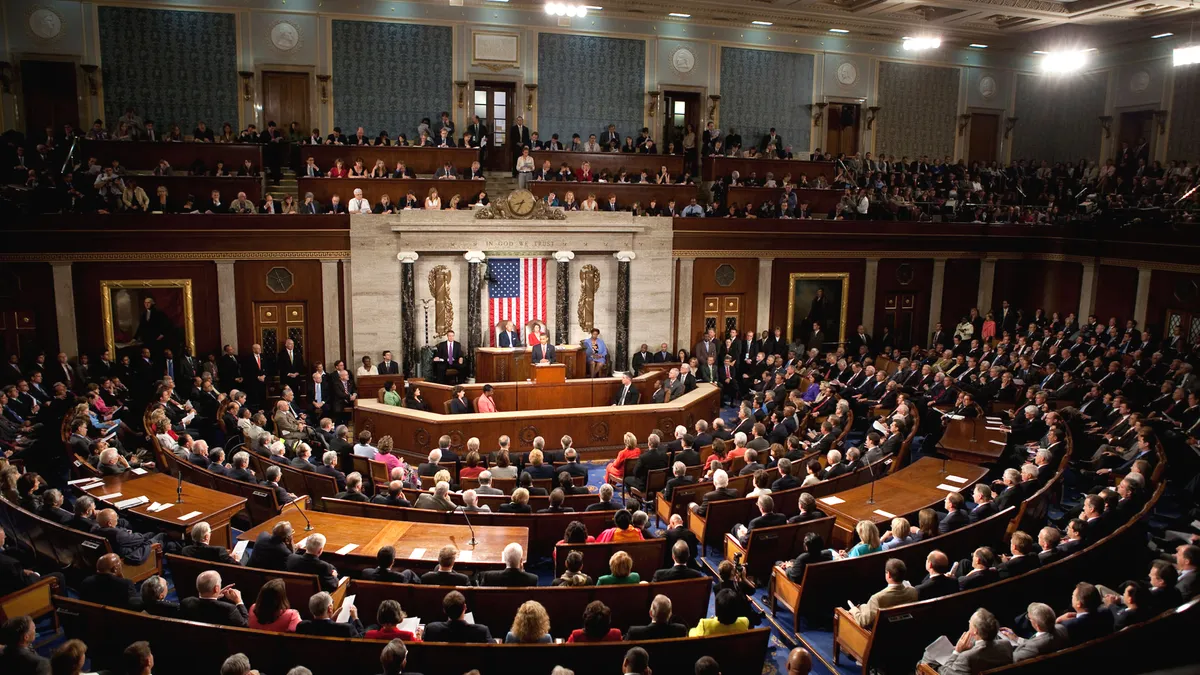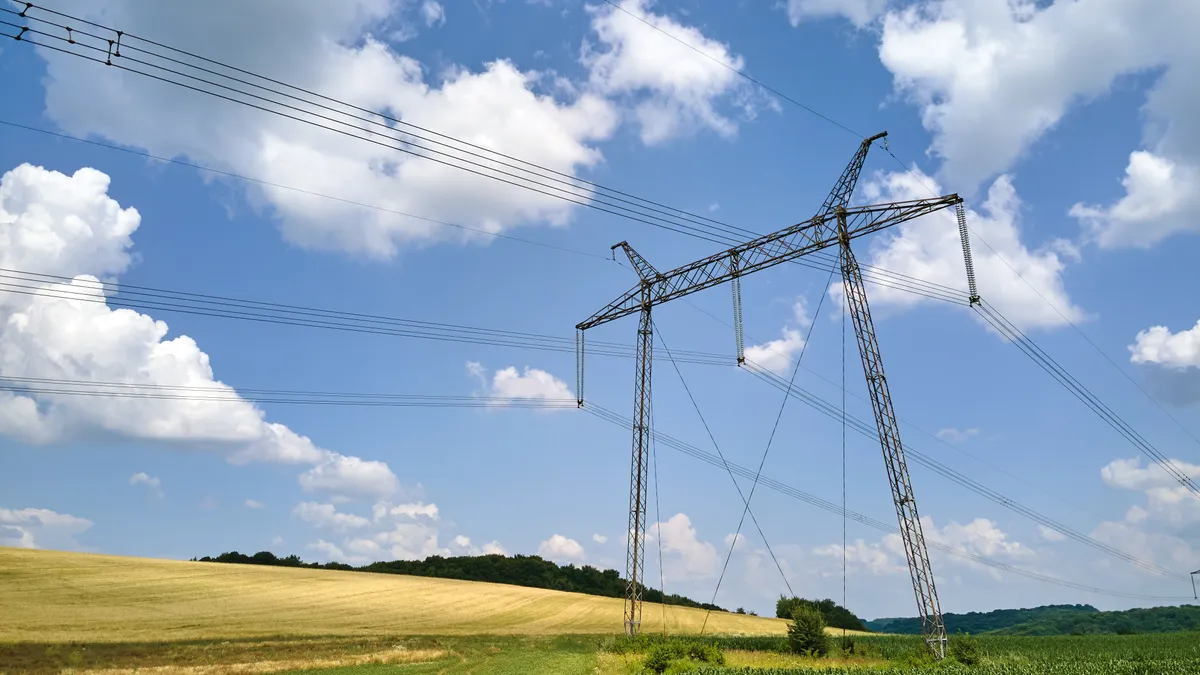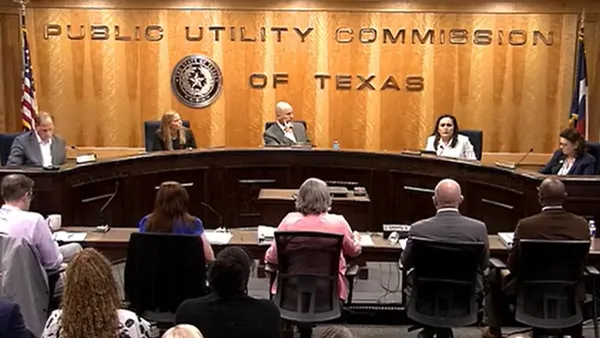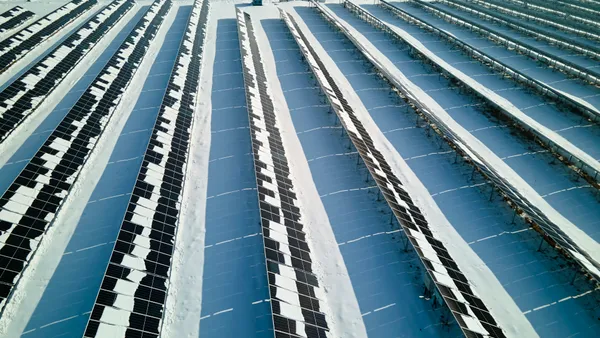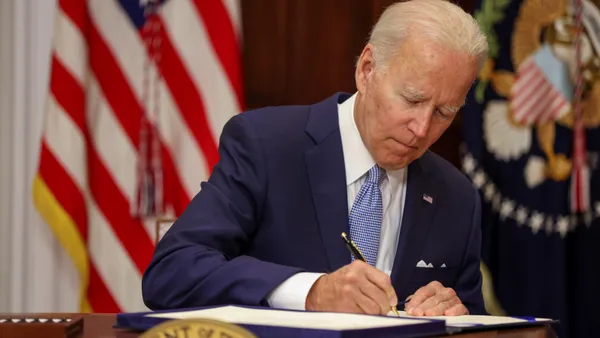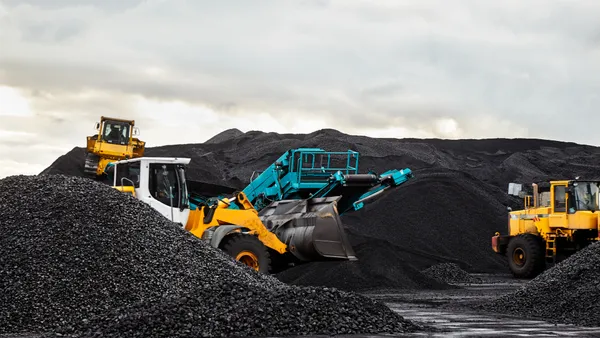Dive Brief:
- In his final State of the Union address on Tuesday, President Obama took on those who doubt the existence of climate change, touted growth in clean energy, and promised to reform how the federal government manages the nation's coal and oil reserves.
- The president highlighted cost declines in wind power during his tenure that have made it "cheaper than dirtier, conventional power" and the "tens of millions of dollars" that rooftop solar systems are saving customers on their electricity bills each year.
- Paired with a decline in fossil fuel consumption, those trends have allowed the U.S. to "cut carbon pollution more than any other country on Earth," he said.
- The Republican response, delivered by South Carolina Gov. Nikki Haley (R), did not address energy or climate issues.
Dive Insight:
While President Obama's final State of the Union address was long on vision and short on specific policy proposals, it did include at least one sign that there's a shift underway in his administration's approach to energy and climate issues.
In touting the significant growth and price declines in renewable resources, Obama said that encouraging the proliferation of clean energy is not enough:
"Now we’ve got to accelerate the transition away from dirty energy. Rather than subsidize the past, we should invest in the future — especially in communities that rely on fossil fuels. That’s why I’m going to push to change the way we manage our oil and coal resources, so that they better reflect the costs they impose on taxpayers and our planet."
The issue of fossil fuel extraction has been a sticking point between environmentalists and the administration for years, with many greens pointing out that while the president has taken strides to reduce the demand for fossil fuels through programs like the Clean Power Plan and enhanced vehicle efficiency standards, he has preserved or expanded the ability of corporations to extract more oil, gas and coal in the United States.
That may be about to change. New policies on coal and oil leasing on federal lands could come as soon as next week, anonymous sources told Politico. And others told the outlet that new rules for methane venting and flaring on public lands could come as soon as Friday.
For electric utilities, the possibility of these new regulations would mean that the price of fossil resources such as coal or natural gas could rise, although it's worth noting that both commodities are priced near historic lows today.
On the renewable energy side, the president commended efforts to "give homeowners the freedom to generate and store their own energy" — the first time energy storage has been mentioned in the address in such a context. Obama highlighted bipartisan efforts like those in Florida and Georgia that have brought together environmentalists and Tea Partiers to expand access to rooftop solar.
The speech was well-received by those in the renewable energy and environmental community, but many stressed that the true struggles lie ahead.
"The issue of fossil fuel extraction on public lands is going to be a key fight over the coming months," May Boeve, executive director of the climate advocacy group 350.org, told Inside Climate News.
The fossil fuel industry was less enthusiastic about the president's record on fossil fuels and his announcement to reform extraction policies.
"When it’s all said and done, the president’s legacy will be marred by higher energy costs for those who can least afford it," Thomas Pyle, president of the American Energy Alliance, said in a statement.


